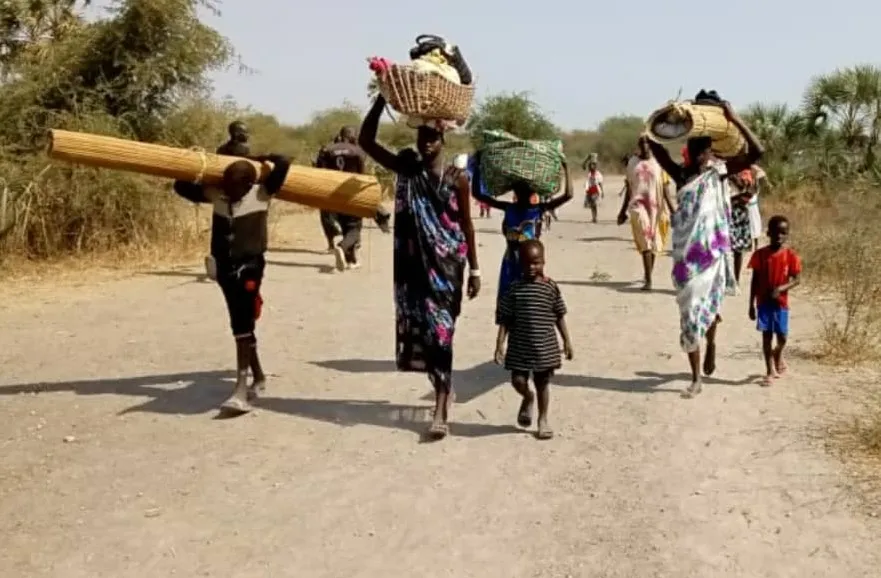
South Sudan mulls increase in education budget for 2023/24

The Undersecretary for the Ministry of General Education and Instruction, Kuyok Abol Kuyok, said his ministry is trying to increase the budget for education from 12.5 percent to 17 percent in the upcoming 2023/24 fiscal budget.
He said on Friday during round table discussion on education that this increase will partly cater for improved salaries of teachers across the country.
“We have made notable strides in increasing the compensation and working conditions for our teachers in South Sudan, we are acutely aware that our journey does not end here, I remain steadfast in my commitment to continuing this forward momentum, to advocate for our teachers, and to improve our education system,” Kuyok said in Juba.
He said the money is available, but the problem is execution of the budget.
“Execution of the budget that is where we fall back, we are going to 17 percent of the national (education)budget, without you addressing the teachers’ pay, I think all the reforms to do with education will not be successful,” Kuyok said.
The round table discussion on education at Scenius Hub was sponsored by the UN Children’s Fund (UNICEF) in South Sudan.
Jesper Moller, the Deputy Representative for UNICEF in South Sudan, said that teachers are influential in fostering the all-encompassing development of children.
“We aim to provide teachers with the necessary resources, training and support to empower them in their vital work and ultimately contribute to building a brighter future for the children of South Sudan,” Moller said.
He said that teachers are instrumental in nurturing the holistic development of children and their contribution to the education system is immeasurable.
Jimmy Kenai Nelson, a teacher from Wondruba in Central Equatoria state, who has been teaching for 15 years, said the condition for teachers is appalling forcing many qualified professionals to quit for greener pastures.
“The payment is too small and irregular, sometimes it comes after three months, there are no refresher training for teachers, insecurity affects teaching, lessons are interrupted and the delivery of content is not completed,” Nelson said.
Nelson disclosed that most schools across the country are relying on volunteer teachers who are paid through contribution from parents.
Tabu Monicah, a basic school teacher from Godo Primary school, said that the number of female school teachers in both private and public schools is limited across the country.
“The challenges for teachers are many, the payment is very little, there are no female teachers in school and that is due to cultural norms, there is also lack of accommodation for teaching staff,” Monicah said.
At least 2.8 million children are out of school due to combination of conflicts, floods and early or forced marriages in South Sudan.


































